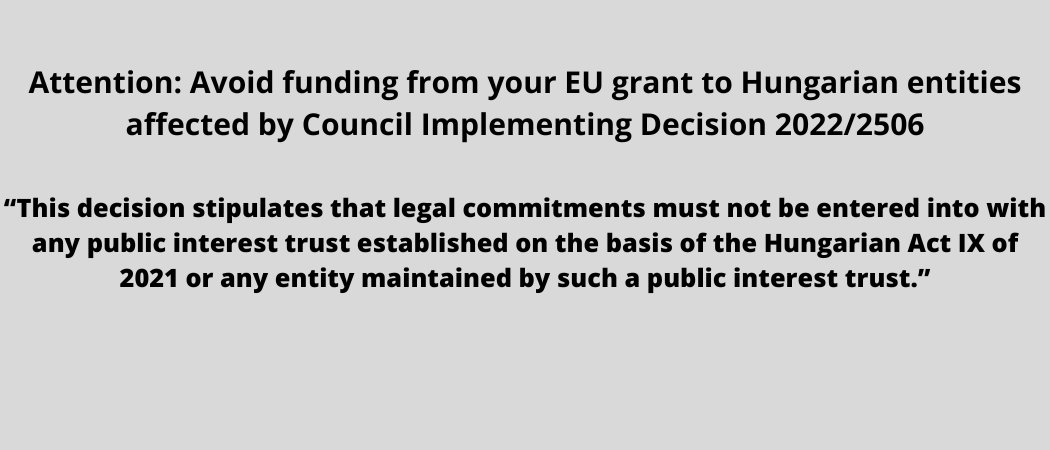A Budapest university that is not affected by the EU block on funds has received emails from worried grant partners after an unclear message was posted on the EU’s funding portal

The Budapest University of Technology and Economics. Photo: BME
The Budapest University of Technology and Economics (BME) has hit out at a confusing notification on the EU’s funding portal warning project coordinators about disruption to their grants if they are working with certain Hungarian entities.
BME has received at least 20 emails from concerned partners asking if the university is still eligible to receive EU funds, forcing the university to issue a statement to try to clear up the matter.
BME is not one of the universities affected by the EU’s funding freeze, but János Levendovszky, vice rector for research and innovation, said the university is facing indirect consequences from this EU communication.
“Up until now we have been a very trusted partner for European universities and we have carefully built up this trust, and now we have to explain again that we are still a trusted partner,” he told Science|Business.
“This affects us very badly because the university has an excellent record in terms of scientific research and rankings.”
The university wants to reiterate that it is committed to cooperating with all members of the European research area, Levendovszky said.
The problem arose after the EU banned 21 Hungarian universities from receiving Horizon Europe and Erasmus+ funds over concerns their management models breach EU rule of law and academic freedom principles. The universities concerned have gradually been overhauled by the government over the past few years, with their management transferred to public trust foundations and a great deal of control put in the hands of trustees who were initially hand-picked by the government.
Confusion
The notification from the European Commission was sent on 13 April to a wide audience of coordinators who have access to the EU Funding and Tenders Portal. The subject line warns coordinators about the impact on funding agreements with “Hungarian entities affected by Council Implementing Decision 2022/2506.”
The notification does stipulate it only relates to Hungarian universities operating under the public trust foundation model. But Borbála Schenk, chief European research funding adviser at BME said not all coordinators are clued up on the situation in Hungary and do not know which universities are affected.
“The notification caused a huge amount of confusion,” she said. “Horizon Europe is a complicated thing and very competitive, you have to make sure you are building a consortium of excellent partners. If they fear that there is even a minimal amount of risk, they might back out.”

The European Commission did not respond to a request from Science|Business for a reaction to BME’s issues by time of publication.
Levendovszky said that funding from Horizon 2020 and Horizon Europe is a major factor for the university, which is very active in applying for EU money. Currently, it has 17 grant proposals either accepted or under consideration and has had two winners of European Research Council grants in the past six months.
The university has asked the Commission to clarify its communication and also add a specific question on the frequently asked questions page stating which universities are affected.





 A unique international forum for public research organisations and companies to connect their external engagement with strategic interests around their R&D system.
A unique international forum for public research organisations and companies to connect their external engagement with strategic interests around their R&D system.